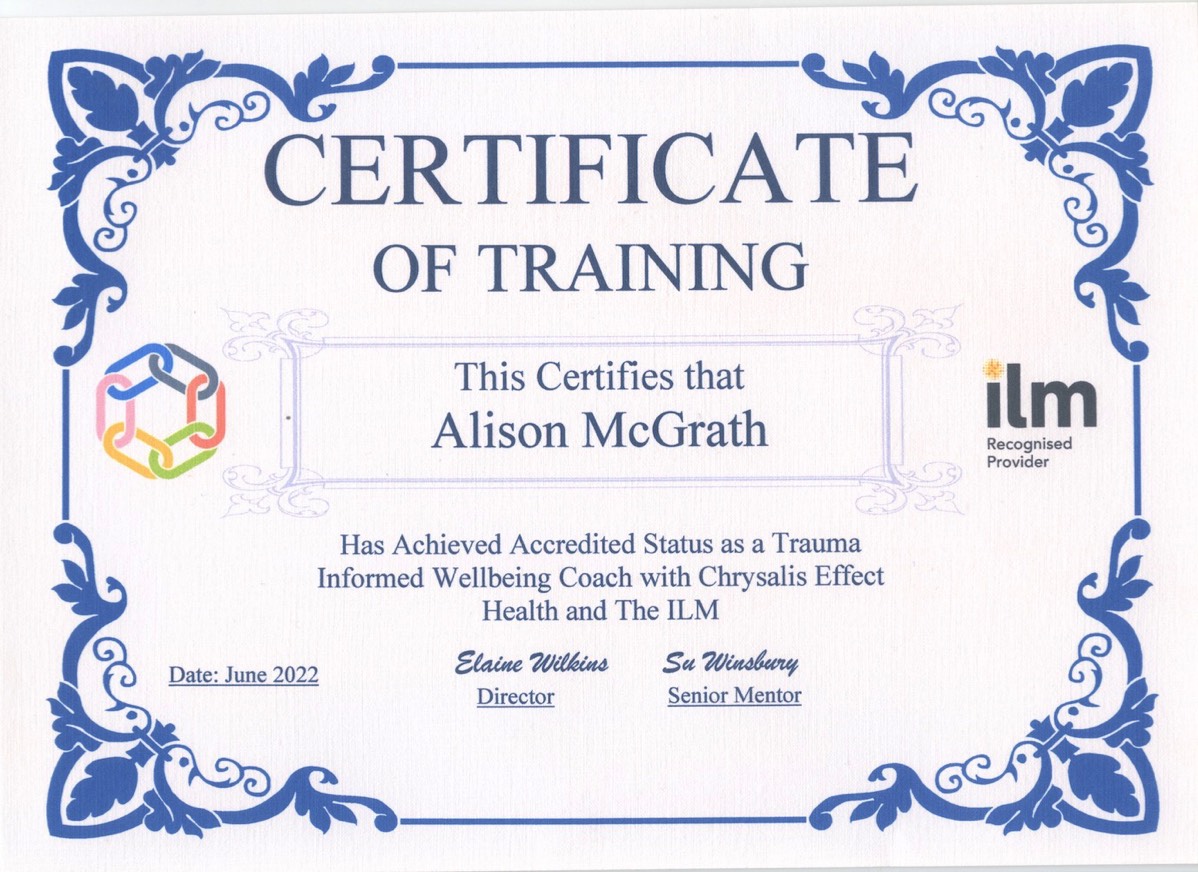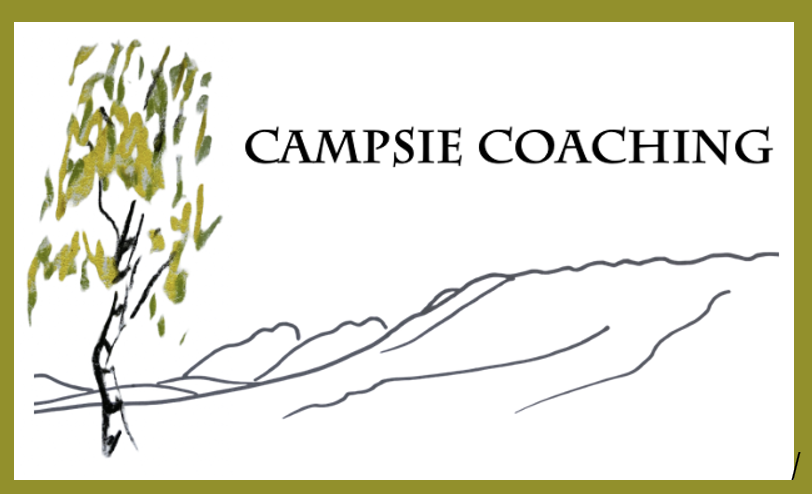Why choose a trauma informed practitioner?
Getting to the Root of the Problem
Life coaching, in its many forms, has been working for decades to help people achieve their life goals. It is powerful. However, there have always been clients who get stuck, or simply cannot get the results they want. They often embark on a life-long search for therapists or courses to try and get to the root of why they don’t feel the way they want to. Does this sound familiar?
Many people experience low self-esteem when they can’t break habits like:
- Turning to food for comfort,
- pouring a glass of wine to feel less stressed,
- smoking,
- feeling impelled to overwork, or to help everyone else in order to avoid feeling guilty.
- spending more than they can afford on impulse purchases.
In many cases, it is the disappointment or intense pain of relationships that causes us the most stress, which we then develop these habits to soothe. As in any difficult situation, we humans are resourceful and will find something to do, or not do, to cope with difficult emotions. This might be as simple as spending hours on our phones, gaming, or binge-watching dramas, escaping how we really feel. Can you relate to any of these habits?
If interactions with bosses, colleagues, friends, parents, siblings, or your own children feel strained, awkward, or volatile, you might just dismiss this as normal, staying in a cycle of resigned stuckness. These soothing habits enable you to cope with that stuckness. Focusing on overcoming them by sheer willpower, rather than looking at the underlying issues, can just add to the stress, frustration and guilt when you ‘fail’.
For decades, coaches have used tools to help clients as best they can, but they did not have the tools to really get to the root cause of some of these patterns, until now. An understanding of trauma opens the doors to really effective coaching that helps clients uncover and resolve these root causes.
Understanding Adverse Childhood Experiences and small “t” traumas
You may be thinking, ‘But I’ve never experienced anything really traumatic, and I had a great childhood’, but trauma is not all about the big, obvious events that can happen to us.
If we have had a childhood, we have experienced adversity. Problems can also be caused by small ‘t’ traumas, which do not fall into the category of car crashes or being caught up in a dangerous war zone. These are the everyday events or situations when we feel helpless, and which overwhelm our nervous system. As children we do not have the resources to deal with family situations like controlling parents, the loss of a beloved parent, sibling, grandparent, friend, or even a pet, and we can be overwhelmed. Growing up in a home with tension, maybe even learning to parent our parents and siblings, creates a low level, ongoing, toxic stress which affects how we see ourselves and function in the world. It also determines how easy or challenging we find our close relationships. Difficult relationships can be an indication of these historic Adverse Childhood Experiences (ACEs) which have a lasting impact on us emotionally and physically, even if we have no clear memory of them.
In 1998 a ground-breaking study carried out by Vincent Felitti and Robert Anders clearly demonstrated the inextricable link between the level of adversity and trauma experienced in childhood and the illnesses that emerge in adulthood. In fact, subsequent studies have shown a direct correlation between the number of childhood stressors and unprocessed traumas. These have proven to be accurate predictors of major illnesses, such as heart disease, strokes and cancers. They are also linked to a much higher incidence of auto-immune conditions and poorly understood, multi-faceted illnesses including Chronic Fatigue Syndrome and fibromyalgia.
How common are ACEs and why do they matter?
70% of adults have experienced ACEs, and a large proportion of those affected live with the impact every day, because unprocessed grief, trauma, and adversity impacts every aspect of who we become as adults.
This realisation has taken some time to filter through into our healthcare services, which are based on an acute disease model. The acute disease model tends to focus on treating physical symptoms rather than exploring the underlying and often hidden causes of ill health.
The great news is that whole nations are now becoming ACE and trauma aware to intercept their damaging effects on our health. The movement started in America and is spreading worldwide. In the UK, Scotland is a leading ACE aware nation, and has created a totally integrated approach to its citizens’ health with regard to their ACE history. Being an ACE aware nation is legislated for at government level, which has influenced the fabric of our nursery, primary and secondary education sector, our health and social care, NHS provision, and our policing and legal sector. This approach is leading the way for providing a 21st century approach to the welfare of our people.
Now we can see why working with a coach who is not just accredited but trauma informed is essential.
Working with a trauma informed coach
As a trauma Informed wellbeing coach, I have an in-depth understanding of the kinds of adversity that can impact the way a child’s brain and nervous system develop. I recognise that often quite normal childhood situations will register as an internal threat, or small ‘t’ trauma, having an impact through into your adult life.
I am trained to recognise the links between what you are experiencing now and where those patterns may have been formed. Most importantly, I know that you need support in releasing unconscious unprocessed traumas that have been stored in your body, creating symptoms and obstacles to your emotional and physical wellbeing. While I am not a trained trauma therapist, I am able to work with you to recognise your personal ACEs and can refer you to one of my specialist colleagues, should that be appropriate.
When you choose your wellness coach, ask the following questions:
- Are you a trauma informed, accredited, wellness, wellbeing or health coach?
- Do you have specific resources to assess my ACE and trauma needs?
- Do you have regular mentoring / supervision for trauma informed work?
- Do you have regular CPD in your field?
- Do you have resources so I can understand and learn more about ACE and trauma?
- Do you have an understanding of how different therapeutic interventions work?
- Do you work as part of a comprehensive, multi-disciplinary, trauma informed team, so that if I need a specific type of therapy to support my wellbeing goals you can refer or signpost me?
As a trauma informed wellbeing coach and Specialist Recovery Practitioner, I can answer ‘Yes’, to all these questions, as can any member of my team to whom I might refer you.




